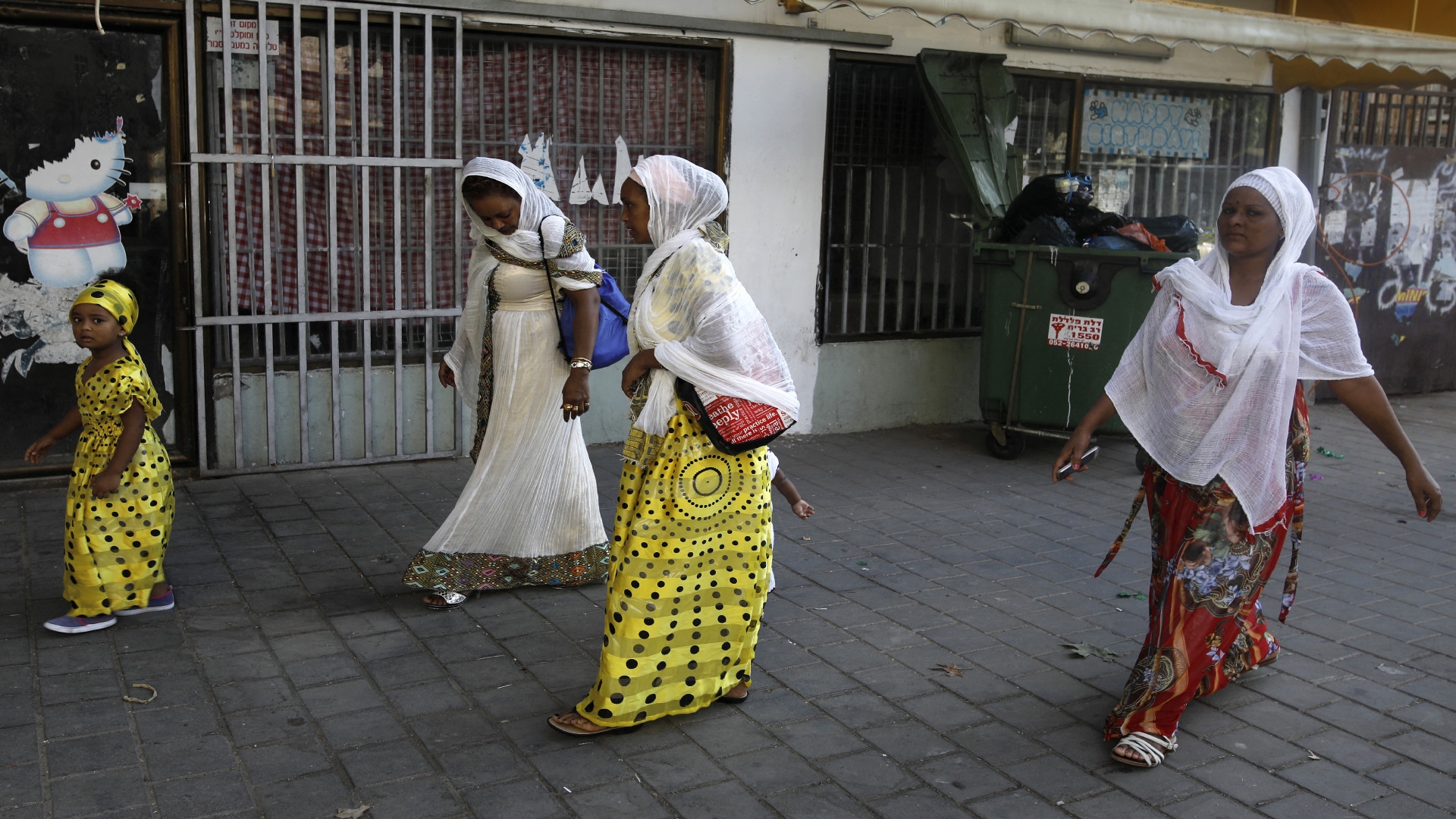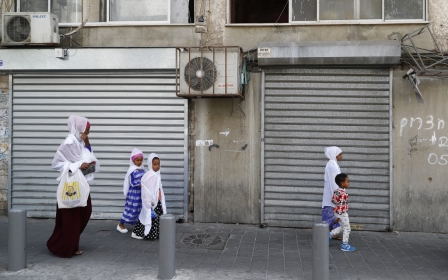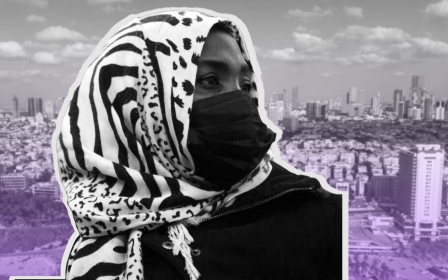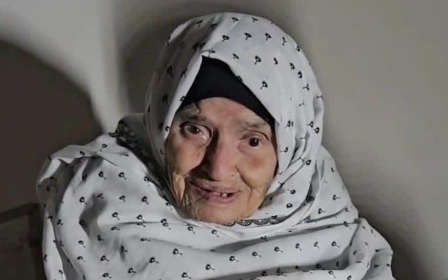Israel plans to recruit African asylum seekers in exchange for residency

The Israeli government has launched a recruitment drive offering African asylum seekers permanent residency in exchange for military service in its war on Gaza, reported Haaretz.
The scheme, which aims to fill a shortage of about 10,000 soldiers, will be coordinated by local authorities responsible for identifying recruits, with the Israeli army and Ministry of Interior overseeing their training.
There are approximately 30,000 African asylum seekers in Israel, with an estimated 5,000 born in the country. Most of them lack permanent status.
Young African refugees interviewed by Haaretz expressed their desire to enlist and shared feelings of shame at being excluded from doing so.
“It's insulting that the state tells me I'm not part of society. My friends are enlisting in four months. Don't give me an ID, but at least let me enlist with them. It hurts," Arim Timi Yaman, an Eritrean refugee who grew up in Israel and attended Israeli schools, told Haaretz.
New MEE newsletter: Jerusalem Dispatch
Sign up to get the latest insights and analysis on Israel-Palestine, alongside Turkey Unpacked and other MEE newsletters
When asked about her view of the Israeli government's attempts to recruit refugees, 21-year-old Panan Solomon responded: "Perhaps in the eyes of a neutral person, this would be considered exploitation.
"But I dreamed from a young age to serve in the army, to give my part to the country and then to be Israeli. This is my dream. Those who do not feel this lack of belonging can see it as exploitation. Those who do not have status have no other choice."
'You are not wanted'
Despite being a signatory to the United Nations Refugee Convention, Israel has granted refugee status to very few asylum seekers.
'They take away your rights and put so many restrictions on you, exercise every possible pressure to get out of here'
- Arim Timi Yaman, Eritrean refugee
According to the Hebrew Immigrant Aid Society (HIAS), Israel did not begin processing asylum claims from Sudanese and Eritrean refugees until 2012 and less than 0.5 percent of the claims reviewed have been deemed "legitimate".
In lieu of asylum, the government offers a “conditional release permit”, which protects refugees from deportation but denies them access to medical or welfare services.
The Ministry of Interior has also made the renewal process increasingly difficult, requiring more frequent renewals and restricting the locations and office hours for processing the permits. This has led to dozens of arrests for expired permits, according to the HIAS.
"Every time I go to renew my visa, I see the sign where the state offers me money so that I leave voluntarily, and every time, I cry again," said Yaman.
"If on a daily basis you forget your situation, the sign reminds you: you are not wanted; you do not belong. I grew up here from a young age. All I know is Israel. But they take away your rights and put so many restrictions on you, exercise every possible pressure to get out of here. It creates mental depression."
A previous Haaretz report revealed that none of the asylum seekers who fought in Gaza have been granted permanent status and defence sources acknowledged that the ethical concerns surrounding their recruitment remain unaddressed.
The outlet reported that asylum seekers had been used in various operations, citing military sources.
"This is a very problematic matter," one source said.
"The involvement of jurists does not absolve anyone of the obligation to consider the values by which we seek to live in Israel."
Haaretz also noted that the "manner in which the Israeli army deploys the asylum seekers is barred from publication" due to restrictions imposed by the Israeli military censor.
Middle East Eye delivers independent and unrivalled coverage and analysis of the Middle East, North Africa and beyond. To learn more about republishing this content and the associated fees, please fill out this form. More about MEE can be found here.




